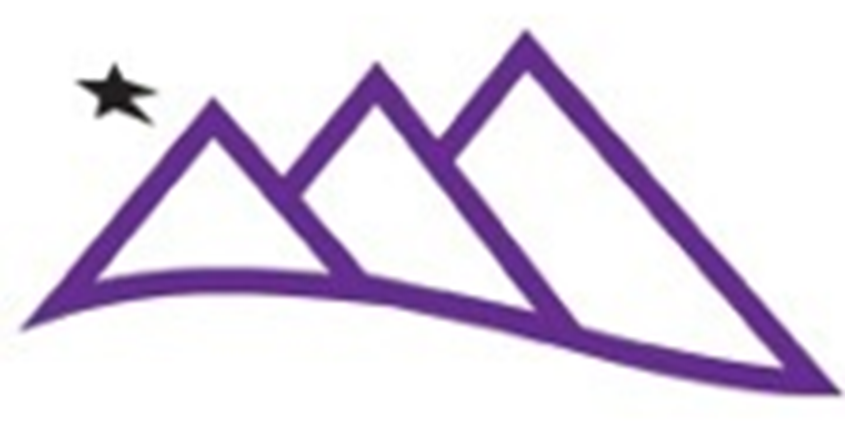Part 3 - How to prepare for your Environmental Health Inspection - Sanitisers....
Part 3 - How to prepare for your Environmental Health Inspection - Sanitisers....

Sanitise your surfaces properly
While I’m going through the sanitisation section, it is so important to get the dish washing correct, but it’s also important to ensure that the surfaces you are touching and putting your freshly sanitised dishes on are clean and sanitised. Your surfaces need to be sanitised as part of your regular cleaning regime, but also between raw and cooked food preparation.
It is vital again that you are using a two stage process to clean your surfaces;
Stage 1: General cleaning using a detergent. This involves the physical removal of visible grease, dirt and food particles from surfaces and equipment, followed by a thorough rinse to ensure the removal of all residues from the surface.
Stage 2: For food preparation areas....... Sanitisation using a BS EN 1276 (or equivalent) sanitiser and leaving it for the appropriate contact time. We sell this Cleaner Sanitiser because it is a sensibly formulated chemical. Not only does it kill E-Coli and other nasty bacteria, it is accredited to BSEN 1276, and kills 99.9999% of bacteria within 30 seconds.
A lot of BS EN 1276 take 5 minutes, and actually if you stop and think about how long 5 minutes is when you’re are in a busy commercial kitchen it is totally impractical to wait around for your sanitiser to work for a whole 5 minutes – 30 seconds is defo a better time scale to work in.
Stage 2: For other areas....... Now that we are recovering from numerous waves of coronavirus, Envioronmental Health are advocating the use of a BSEN 14476 chemicals for all other areas that are high touch. So sanitisation of door handles, light switches, banisters and anywhere that are being touched frequently by customers, should be sanitised with a BS EN 14476 chemical which will kill both viruses, and enveloped viruses including coronavirus is best practice. We recommend Selgiene Extreme which kills viruses in 30 seconds.

You actually need to be really careful about which chemical you buy. In fact a lot of leading manufacturers create and sell chemicals which in my opinion are really impractical to use. Some of the global manufacturers make chemicals that take five minutes to kill 99.9999% of bacteria including E. coli. So even if you are buying a global brand; which you think you can trust, some of the nuances around the product and use make it really difficult to use in a commercial busy kitchen. This is where you need solid hygiene advice from a trusted partner.
If you go in to regular high street stores, or supermarkets, a few of the disinfectants will claim to kill 99.999% of bacteria, but a claim is definitely not enough for your EHO, they want them to meet the BSEN 1276 standard – so be careful what you buy! In fact some of the leading domestic disinfectants the clean to kill 99.999% of bacteria, do just that..... they only claim. There is absolutely no evidence of any accreditation at all that they do kill 99.99% of bacteria and they’re just saying they do. This claim is not good enough for your EHO. Getting the wrong chemical could get you in the bad books with your EHO, or it could even cause food poisoning amongst your customers. Which we all know is very bad news!
Another valid point to make is that many manufacturers claim, and some of them say to me "This chemical is BS EN 1276 and will kill 99.99% of bacteria". Now I am in a position to know that a log reduction of 99.99% does not meet the criteria for BS EN 1276, they must have a higher kill rate than that. Do you know what kill rate is required? Some manufacturers are merely trading on peoples ignorance, so make sure you have a trusted hygiene supplier who knows what they are talking about!
Join us next week, where I'll be talking about some must know stuff for running a successful clean kitchen!

Comments
Post a Comment